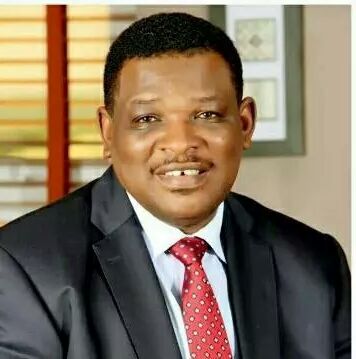
The Federal Government has insisted the implementation of the Rural Electrification Agency (REA) and African Development Bank (AfDB) $200million projects and other development agencies’ projects must be local content compliant to stimulate the economy.
Speaking at the launch in Abuja, Minister of Power, Engr. Goddy Jedy-Agba, encouraged the Bank and the REA to ensure local content in the implementation of the projects in order to catalyze the local industries in Nigeria.
The Special Adviser to President Muhammadu Buhari on Power, Mr. Ahmed Zakari, who represented the minister, said: “There is a significant concern globally on the economic outlook as a result of the coronavirus and particularly for us in Nigeria due to price of oil.
“The importance of this now is more than ever, as we look at the projects I will encourage the African Development Bank and REA to look at how they can have local content in this projects to ensure that we are catalyzing local industries in this difficult economic time.”
On the $200million loan project from the AfDB, its Acting Vice President, Power, Energy, Climate and Green Growth Complex, Mr. Wale Shonibare, said the bank was intervening in different segments of the power value chain.
According to him, in furtherance of the African Development Bank’s (AfDB) commitment to support the Federal Government of Nigeria’s power sector, the Bank has developed a portfolio of projects including: the USD 410 million loan to support the implementation of the Nigeria Transmission Expansion Program.
He said among the interventions of the bank were also “the over USD 1.0 million grant from the Sustainable Energy Fund for Africa (SEFA) to support the Nigerian Government’s implementation of Phase 1 of the Jigawa Solar IPP Procurement Programme which is in progress, the Partial Risk Guarantee and the USD 200 million loan to support the implementation of the Nigeria Electrification Program (NEP) which we are launching today (yesterday).”
The Nigeria Electrification Project (NEP) when implemented, according to him, would result in more than 500,000 people obtaining access to electricity (approximately 105,000 households).
He said the project would lead to approximately 76.5 MW in increased installed power generation capacity (of which, 68 MW would be from solar generation).
Eight universities, he said, would bring about access to reliable sources of energy, while 20,000 micro/small and medium-sized enterprises (MSMEs) will be supported/supplied with productive use appliances and equipment.
Shonibare noted that the project would lead to the avoidance of 1.69 million tons of CO2 emissions.

